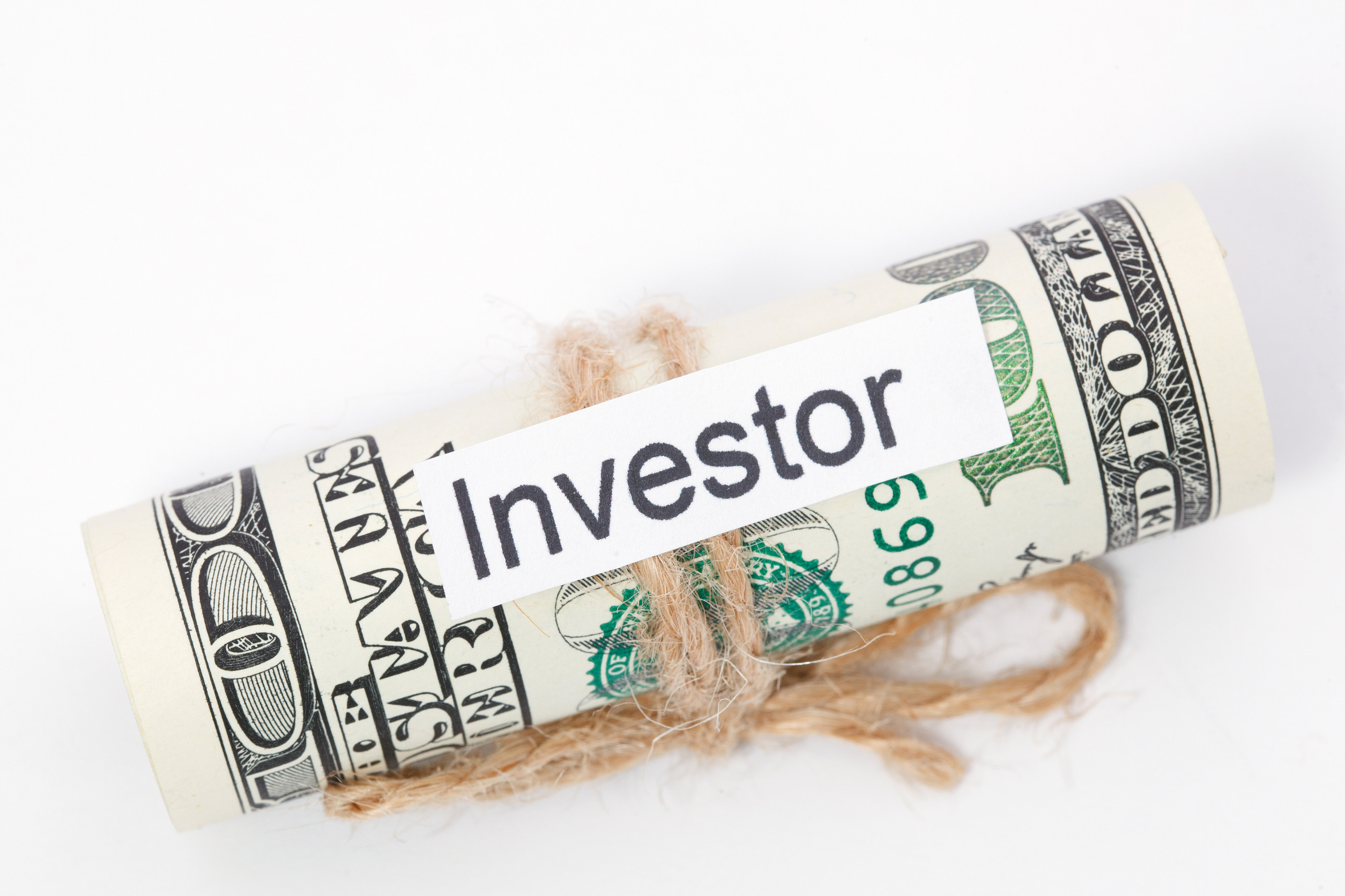
Image Source: 123rf.com
The wealthy approach index fund investing with strategies that often differ dramatically from those of average investors. While index funds democratized investing for the masses, the affluent leverage these same vehicles with distinct tactics that maximize their wealth-building potential. Understanding these differences isn’t just academic—it reveals practical approaches you might incorporate into your own financial planning. The gap between ordinary and wealthy investors isn’t necessarily about access to exclusive funds but how they strategically deploy index funds within comprehensive wealth management systems.
1. Strategic Tax-Loss Harvesting at Scale
The wealthy don’t just buy and hold index funds—they actively manage them for tax advantages. High-net-worth investors regularly practice tax-loss harvesting at a much more sophisticated level than typical investors. They sell underperforming index funds to realize losses that offset capital gains elsewhere in their portfolios, then immediately purchase similar (but not identical) funds to maintain market exposure without triggering wash sale rules.
This isn’t occasional tax planning but a systematic approach. According to a Vanguard study, strategic tax-loss harvesting can add up to 0.75% in annual after-tax returns. Wealthy investors often employ financial advisors or use specialized software that continuously monitors their portfolios for harvesting opportunities throughout the year, not just at year-end.
The scale matters too. Even small tax efficiencies translate to significant absolute savings that can be reinvested for compound growth when working with millions rather than thousands.
2. Using Index Funds as Portfolio Ballast, Not the Core
While average investors might build portfolios primarily of index funds, wealthy investors often use them differently, as stabilizing elements within more complex portfolios. Index funds provide the market exposure foundation upon which they layer other investments.
The affluent typically allocate a smaller percentage of their overall portfolio to index funds than middle-class investors. Instead, they use these funds to complement private equity investments, real estate holdings, alternative investments, and individual securities positions.
This approach allows them to maintain market exposure while pursuing higher returns through other vehicles. Index funds essentially serve as the reliable, low-maintenance portion of their portfolio that provides liquidity and stability while their higher-risk investments work to generate outsized returns.
3. Sophisticated Asset Location Strategies
Wealthy investors don’t just focus on asset allocation—they master asset location. They strategically place different index funds in specific account types to maximize tax efficiency.
For example, they typically hold tax-inefficient index funds (like bond funds or REITs that generate ordinary income) in tax-advantaged accounts like IRAs or 401(k)s. Meanwhile, they position tax-efficient index funds (like total market funds with minimal distributions) in taxable accounts.
According to Morningstar research, proper asset location can add 0.25% to 0.75% to annual returns. The wealthy take this further by coordinating across multiple account types, family trusts, and even generational planning to optimize their index fund placement.
4. Direct Indexing Instead of Index Funds
Increasingly, wealthy investors are moving beyond traditional index funds toward direct indexing—essentially creating their own personalized index funds. With direct indexing, they own the individual securities that make up an index rather than shares of a fund.
This approach requires significantly more capital (typically $100,000+ minimums) but offers powerful advantages. Direct indexing allows for customization—investors can exclude specific companies or sectors based on values or existing exposures. More importantly, it supercharges tax-loss harvesting by allowing investors to harvest losses on individual securities while maintaining overall index exposure.
The tax alpha from direct indexing can be substantial. According to financial technology provider 55ip, direct indexing can potentially add 1-2% in after-tax returns annually compared to traditional index fund investing.
5. Using Index Funds for Liquidity Management
The wealthy view index funds as excellent liquidity management tools. While average investors typically invest with specific goals in mind (retirement, education), wealthy individuals often maintain substantial index fund positions as sophisticated cash management vehicles.
These positions serve as ready capital for opportunistic investments. When private equity calls for capital, when real estate opportunities arise, or when markets experience significant dislocations, the wealthy can quickly liquidate index fund positions to deploy capital elsewhere.
This liquidity buffer strategy allows them to remain fully invested rather than holding significant cash positions, while still maintaining the flexibility to move quickly when opportunities arise.
6. Leveraging Index Funds for Estate Planning
Wealthy investors incorporate index funds into sophisticated estate planning strategies. They often use these funds within family limited partnerships, dynasty trusts, and other structures to transfer wealth efficiently across generations.
Index funds are ideal for these purposes because of their transparency, low costs, and tax efficiency. The wealthy frequently gift appreciated index fund shares to heirs or charities to avoid capital gains taxes while fulfilling philanthropic goals.
They also use index funds to establish family investment policies, teach financial literacy to heirs, and create multigenerational wealth transfer strategies that minimize tax burdens.
Beyond Buy-and-Hold: The Wealthy Investor’s Mindset
The fundamental difference between average and wealthy index fund investors isn’t just strategy—it’s mindset. The affluent view index funds as versatile tools within comprehensive wealth management systems rather than complete investment solutions.
They integrate index fund investing with tax planning, estate planning, philanthropy, and business interests. This holistic approach means index funds serve multiple purposes simultaneously: providing market returns, tax advantages, liquidity, and wealth transfer vehicles.
By understanding these approaches, everyday investors can adopt scaled versions of these strategies. You don’t need millions to implement tax-loss harvesting, improve asset location, or use index funds more strategically within your overall financial plan.
Have you incorporated these wealthy investor strategies into your index fund investing? What’s been your experience with moving beyond basic buy-and-hold approaches?
Read More
5 Benefits of Investing in Real Estate Through Private Lending
5 Great Stock Buying Tips to Practice Today

Travis Campbell is a digital marketer/developer with over 10 years of experience and a writer for over 6 years. He holds a degree in E-commerce and likes to share life advice he’s learned over the years. Travis loves spending time on the golf course or at the gym when he’s not working.












